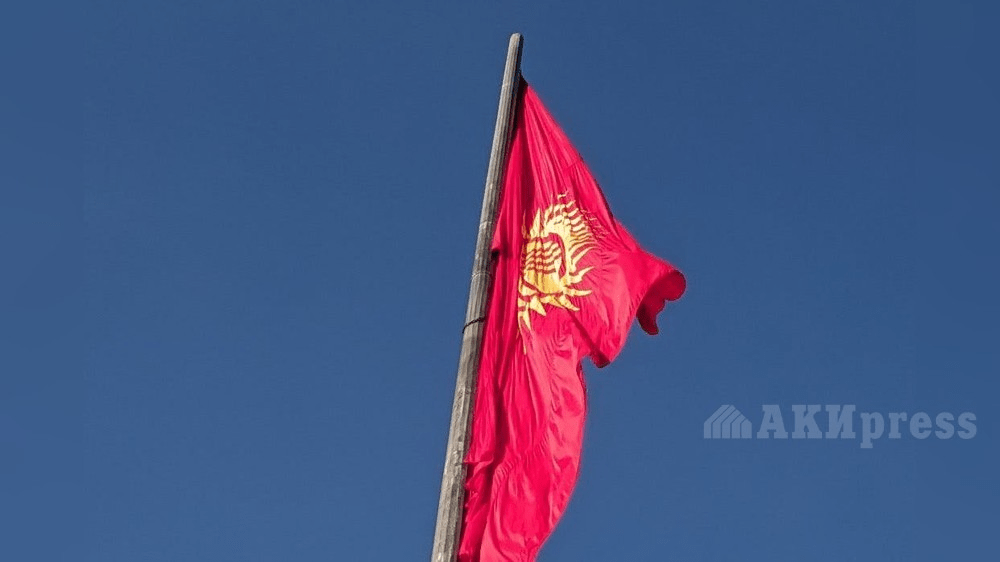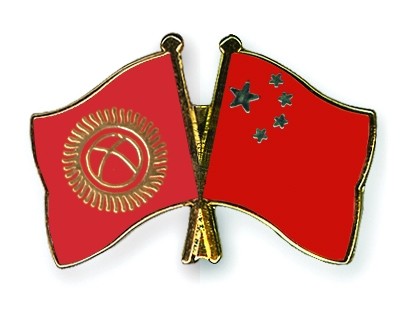Kyrgyz President Sadyr Japarov has signed a law on the protection of citizens' health, according to which private and state clinics can now transplant internal organs, but on one condition. On the instructions of the President, while considering the draft law "On Protection of Citizens' Health in the Kyrgyz Republic," the Parliament of the Republic considered additional norms that provide for the removal of organs from a living donor, but only if the donor "is genetically related to the recipient." According to the law, a genetic link is defined as a relationship between persons who share common ancestors up to great-grandparents. Despite the fact that this law has not yet entered into force, last week Kyrgyz Health Minister, Alymkadyr Beishenaliev traveled to Turkey, where, according to the press center of the Ministry of Health of the Kyrgyz Republic, he took part in a liver transplant operation. He also discussed the development of bilateral Kyrgyz-Turkish cooperation on liver and bone marrow transplantation in Kyrgyzstan with the rector of the Turkish university where the operation took place. It had earlier been agreed between the presidents of the two countries agreed that Turkey will help Kyrgyzstan in this matter. "Sadyr Japarov has set a task on the need to solve the issue of liver and bone marrow transplantation in Kyrgyzstan in a short period of time, which has not been solved for many years," Beishenaliyev said. In turn, his Turkish counterpart noted that Turkey is ready to help Kyrgyzstan organize the work of the transplantology department, train specialists, and conduct joint operations in Bishkek on liver and bone marrow transplantations. Liver transplant operations have been carried out in Kyrgyzstan before, with Kyrgyz doctors being assisted by colleagues from Belarus, Russia, and Turkey. Since 2016, Kyrgyz doctors have performed around fifty kidney transplant operations. However, the law on organ transplantation which was adopted in 2001 is outdated. Kyrgyz doctors prepared additions to it, in particular on organ donation and the transplantation of bone marrow, kidneys and liver, but for about five years, the issue has stagnated. It was only in August 2023 that, for the first time, Kyrgyz doctors conducted a successful kidney transplant unaided. In addition, equipment has now been purchased to analyze the compatibility of donor organs. Previously, patients had to travel to neighboring countries to find out if they were compatible with the donor. If liver transplants start to be performed in Kyrgyzstan on a permanent basis, the operation will cost about $10,000. Abroad, such an operation costs $50-60,000.






